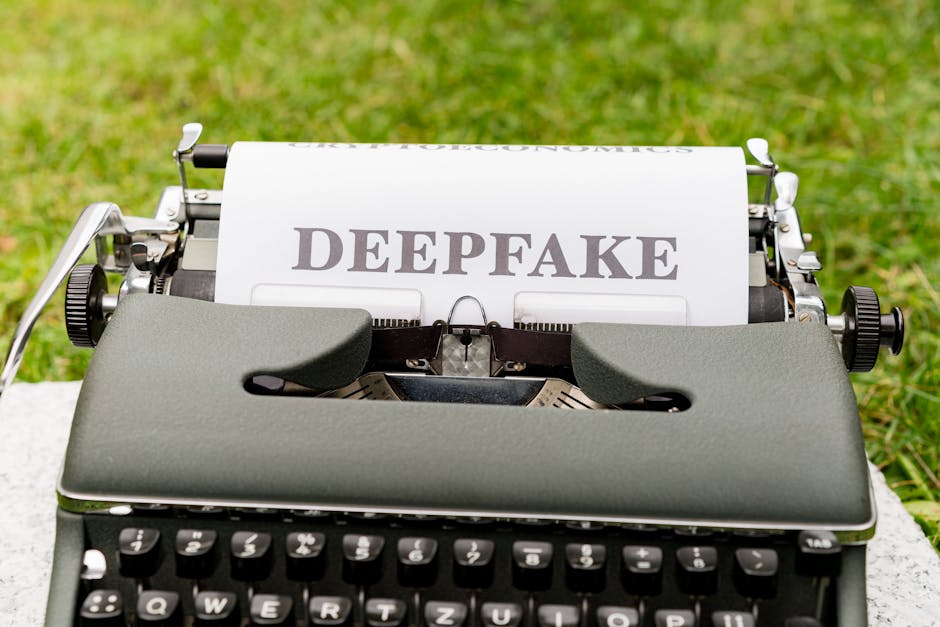Addressing the G20 Summit under the Brazilian Presidency in Rio de Janeiro, Prime Minister Narendra Modi outlined India’s vision for a collaborative and equitable global future. Building on the momentum of the successful New Delhi Summit, PM Modi presented a clear, action-oriented agenda, reinforcing India’s role as a leading voice for the Global South and a principal architect of the new world order.
Here are the key highlights from his impactful address.
PM Modi’s 6-Point Agenda for Global Progress
Prime Minister Modi put forward a comprehensive six-point agenda aimed at addressing the world’s most critical challenges. This strategic roadmap reflects India’s own developmental experience, offering a scalable model for global cooperation and progress.
- Inclusive Digital Public Infrastructure (DPI): Championing the success of India’s UPI and Aadhaar, Modi called for global collaboration to build inclusive DPI, ensuring technology empowers every individual.
- Voice for the Global South: He reiterated India’s commitment to ensuring the aspirations of developing nations remain central to the G20’s decision-making process.
- Climate Justice and Finance: A firm demand for developed nations to honor their commitments on climate finance and technology transfer, emphasizing that the transition burden must be shared equitably.
- Resilient Global Supply Chains: Advocating for the creation of diversified, secure, and reliable supply chains to prevent disruptions like those seen during the pandemic.
- Global Food and Energy Security: A call for collaborative solutions to stabilize food and energy markets, addressing vulnerabilities exposed by recent geopolitical conflicts.
- Zero-Tolerance for Terrorism: An unwavering call for unified global action against terrorism in all its forms, leaving no room for ambiguity.
AI Safeguards: A Push for ‘Human-Centric’ Governance
As the world grapples with the rapid advancements in Artificial Intelligence, PM Modi sounded a crucial note of caution. While championing AI’s immense potential, he powerfully argued for the urgent need to establish global safeguards and ethical guardrails.
His call was for a “human-centric” approach to AI governance. This positions India, the chair of the Global Partnership on Artificial Intelligence (GPAI), as a key thought leader in ensuring this transformative technology serves humanity and is not used for disinformation, digital colonialism, or creating societal disruption.
Renewed Call for UNSC Reforms: A More Inclusive World Order
One of the most assertive elements of PM Modi’s address was the forceful and renewed demand for the reform of global governance institutions, particularly the United Nations Security Council (UNSC). He made a compelling case that a body formed in the post-World War II era cannot adequately represent the geopolitical realities of the 21st century.
After successfully leading the effort to include the African Union as a permanent G20 member, India’s push for UNSC reform is the logical next step. It is a clear declaration that for global institutions to maintain relevance, they must evolve to reflect the contributions and influence of nations like India, Brazil, and other key players from the Global South.
In conclusion, PM Modi’s G20 address was a masterclass in global statesmanship, blending ambitious vision with actionable proposals. The message from Rio is unequivocal: India is not just a balancing power but a leading one, actively setting the agenda for a more secure, equitable, and prosperous world.




